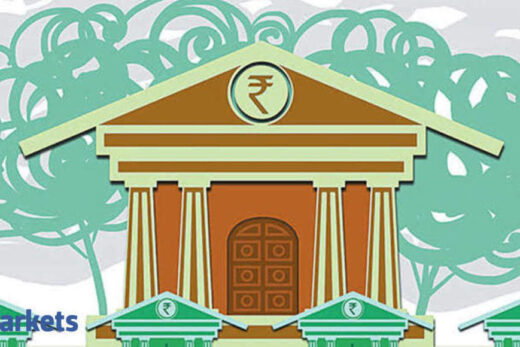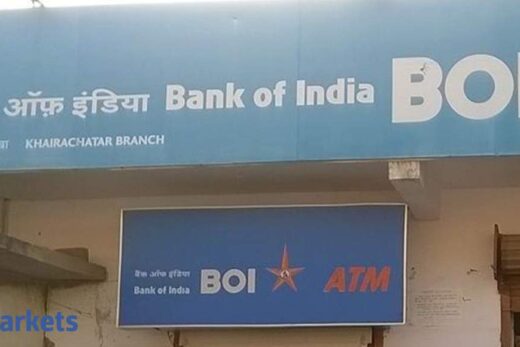Axis Bank,
and DBS India are also in contention for the businesses Citi is exiting in India. Although the US lender is seeking a valuation in excess of $2 billion, the bids could be more circumspect after Citi lost significant market share in its retail and credit card books, one of the executives cited above said.
HDFC Bank and Kotak Mahindra Bank, two of India’s top three most valued private sector lenders, are considered front-runners to win the business that generates about $1 billion in revenue.

“While Citi’s retail franchise remains excellent, the book has shrunk. It has lost significant market share and due to the exit plans, it has not been able to focus on enhancing the existing book and adding quality customers,” said an official involved in the bidding process.
“Still, Citi has received multiple bids from domestic banks. Plus, it is also expected to receive bids from global suitors that may be looking to pick up consumer assets in several markets the bank has exited,” the official said.
Citi India said it has received strong interest from bidders.
“We are pursuing consumer franchise sales with a focus on optimising results for our people, our clients and our shareholders,” a spokesperson for Citi India said in a mailed response to ET’s queries. “Conversations with potential buyers continue in these markets, including India, with strong interest from a broad range of bidders.”
HDFC Bank, Kotak Mahindra Bank, DBS India, Axis Bank and IndusInd Bank did not respond to ET’s mailed query.
Citibank, under its first woman CEO Jane Fraser, decided to exit retail businesses in 13 markets to conserve capital and focus on higher yielding revenue streams. The Citi management has indicated that the exit process is currently on and that while it will look to complete the exits in a timely manner, the retreats wouldn’t be anything akin to so-called fire sales.
Citi’s consumer portfolio contributes about a third to the India business on profitability while the total India business contributes 1.5% in profits to the lender’s global book.
The Indian retail basket includes credit cards, deposit accounts, wealth management and a mortgage portfolio. Overall, Citibank’s India unit had a market share of advances and deposits of 0.6% and 1.1%, respectively. In India, Citibank has more than 2.5 million retail customers, 1.2 million bank accounts and nearly 2.6 million credit cards. It lost more than 100,000 customers since announcing its exit.
The Right Mix
Although Citi is India’s sixth-largest card issuer, it has lost market share on card spends – from 20% a decade ago to 4% now. However, it has consistently logged 15-25% higher expenditure per card against the industry average, an analysis by Macquarie showed. A mix of premium cards and corporate salary account cards in the portfolio makes the Citi business attractive for bidders. “We have done due diligence on the book; it’s a good franchise for banks that don’t have an existing credit card or wealth book and it only makes sense at a good valuation. We will have to see how aggressively we bid,” said a top official at a bank that is likely to submit its bid.



